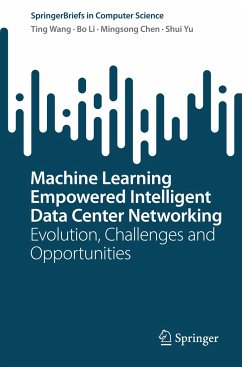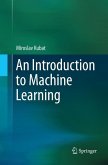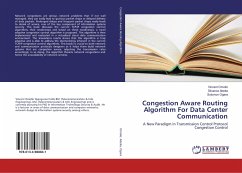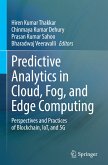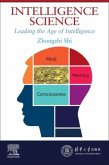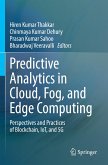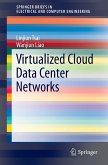An Introduction to the Machine Learning Empowered Intelligent Data Center Networking
Fundamentals of Machine Learning in Data Center Networks. This book reviews the common learning paradigms that are widely used in data centernetworks, and offers an introduction to data collection and data processing in data centers. Additionally, it proposes a multi-dimensional and multi-perspective solution quality assessment system called REBEL-3S. The book offers readers a solid foundation for conducting research in the field of AI-assisted data center networks.
Comprehensive Survey of AI-assisted Intelligent Data Center Networks. This book comprehensively investigates the peer-reviewed literature published in recent years. The wide range of machine learning techniques is fully reflected to allow fair comparisons. In addition, the book provides in-depth analysis and enlightening discussions on the effectiveness of AI in DCNs from various perspectives, covering flow prediction, flow classification, load balancing, resource management, energy management, routing optimization, congestion control, fault management, and network security.
Provides a Broad Overview with Key Insights. This book introduces several novel intelligent networking concepts pioneered by real-world industries, such as Knowledge Defined Networks, Self-Driving Networks, Intent-driven Networks and Intent-based Networks. Moreover, it shares unique insights into the technological evolution of the fusion of artificial intelligence and data center networks, together with selected challenges and future research opportunities.
Fundamentals of Machine Learning in Data Center Networks. This book reviews the common learning paradigms that are widely used in data centernetworks, and offers an introduction to data collection and data processing in data centers. Additionally, it proposes a multi-dimensional and multi-perspective solution quality assessment system called REBEL-3S. The book offers readers a solid foundation for conducting research in the field of AI-assisted data center networks.
Comprehensive Survey of AI-assisted Intelligent Data Center Networks. This book comprehensively investigates the peer-reviewed literature published in recent years. The wide range of machine learning techniques is fully reflected to allow fair comparisons. In addition, the book provides in-depth analysis and enlightening discussions on the effectiveness of AI in DCNs from various perspectives, covering flow prediction, flow classification, load balancing, resource management, energy management, routing optimization, congestion control, fault management, and network security.
Provides a Broad Overview with Key Insights. This book introduces several novel intelligent networking concepts pioneered by real-world industries, such as Knowledge Defined Networks, Self-Driving Networks, Intent-driven Networks and Intent-based Networks. Moreover, it shares unique insights into the technological evolution of the fusion of artificial intelligence and data center networks, together with selected challenges and future research opportunities.

